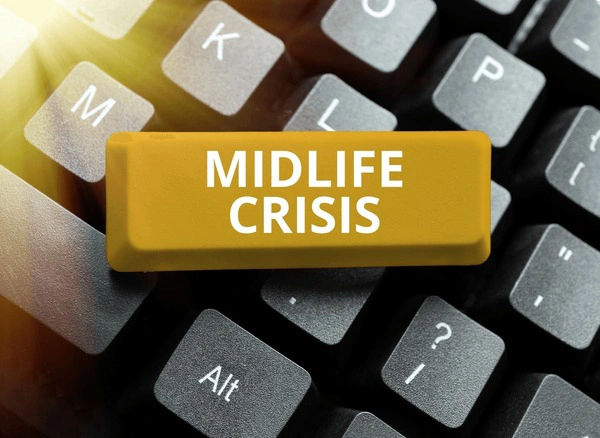
Finding Support: Professional Help Resources for Stress Management
In today's fast-paced world, understanding stress and its impact on our lives is crucial. Discover how therapy and counseling can provide effective stress management solutions. With readily available professional help resources, taking the first step towards better mental health is easier than ever.
Mia Gomez
04/12/2024 - 8 months ago

Understanding Stress and Its Impact
Stress is something we all experience, but it's important to recognize when it becomes overwhelming. Prolonged stress can affect your mental and physical health, leading to issues like anxiety, depression, and high blood pressure. It’s crucial to understand that stress is not just 'in your head.' It can manifest in many ways, impacting your overall well-being.
Recognizing the signs of stress is the first step towards managing it effectively. These signs can include constant worry, feeling irritable, or experiencing sleep problems. Physical symptoms might involve headaches, upset stomach, and a rapid heartbeat. Understanding these signals enables you to seek the necessary help before stress becomes unmanageable.
The good news is that resources are available to help you manage stress. From community centers to online platforms, there are numerous ways to find support. By acknowledging that stress is affecting you, you're already on the path to finding solutions that work for your lifestyle and needs.
The Role of Therapy in Stress Management
Therapy is a valuable tool for managing stress. It provides a safe space to express your feelings and thoughts without judgment. A therapist can help you understand your stress triggers and develop coping strategies. This professional support can be a game-changer, helping you to navigate stressful situations more effectively.
There are different types of therapy that can help with stress. Cognitive Behavioral Therapy (CBT) is one option, focusing on changing negative thought patterns. Mindfulness-based therapies teach you to stay present and reduce anxiety. Each therapy type offers unique benefits, and a professional can guide you in choosing the best fit for you.
Finding a therapist is easier than you might think. Many communities offer free or low-cost therapy options, and online services make it possible to connect with professionals from the comfort of your home. Don't hesitate to reach out and explore these resources. Seeking help is a strong step towards better health.
Exploring Counseling Options
Counseling is another effective way to manage stress. While similar to therapy, counseling often focuses on specific issues or life challenges. A counselor can help you develop practical strategies for dealing with stressors, whether they're related to work, relationships, or personal life.
Group counseling is a popular option that allows you to share experiences with others facing similar challenges. This shared environment can be incredibly supportive, showing you that you’re not alone in your struggles. It also provides an opportunity to learn from others’ coping mechanisms.
Schools, workplaces, and community centers often provide counseling services. These can be a great first step if you're unsure about where to start. By participating in counseling sessions, you gain insights and tools that make everyday stress more manageable.
Finding and Utilizing Professional Help Resources
Locating resources for professional help can seem daunting, but there are many accessible options. Start by searching online for local mental health services. Many websites offer directories of therapists and counselors, including details about their specialties and fees.
Don’t overlook community resources. Libraries, community centers, and religious organizations often host workshops or support groups focused on stress management. These can be invaluable for connecting with others and learning new coping skills in a supportive setting.
Remember, seeking help is a sign of strength, not weakness. By utilizing professional help resources, you're taking an active role in improving your mental health. It’s important to take the first step and reach out, knowing that support is available and can make a significant difference in your life.


















